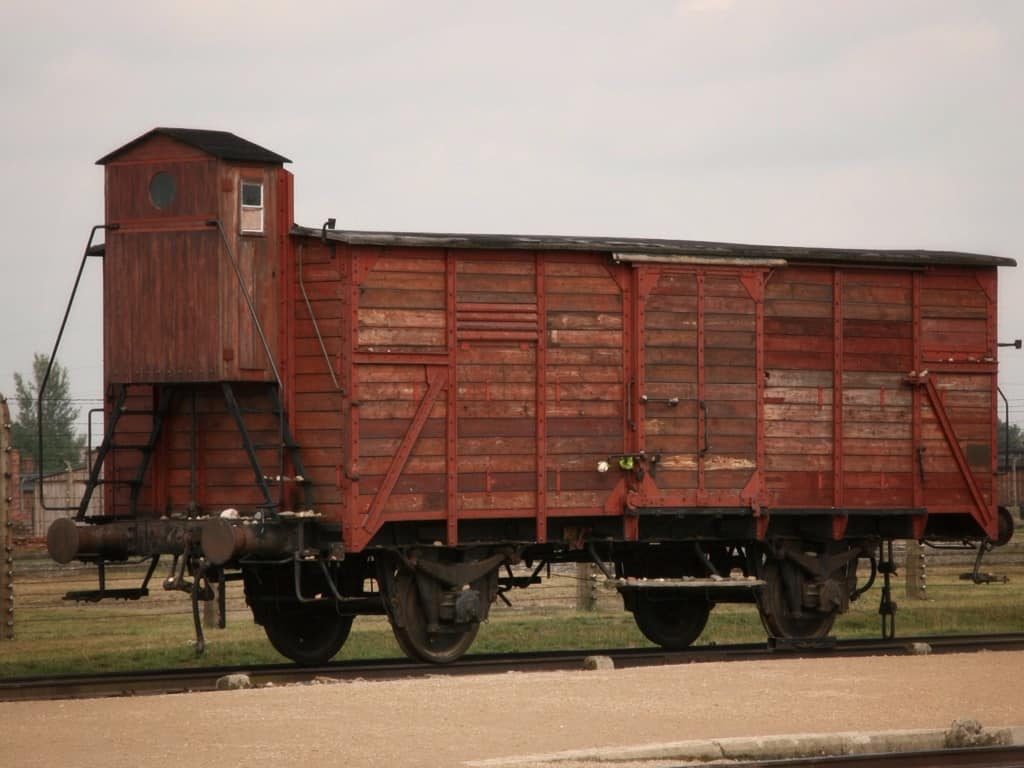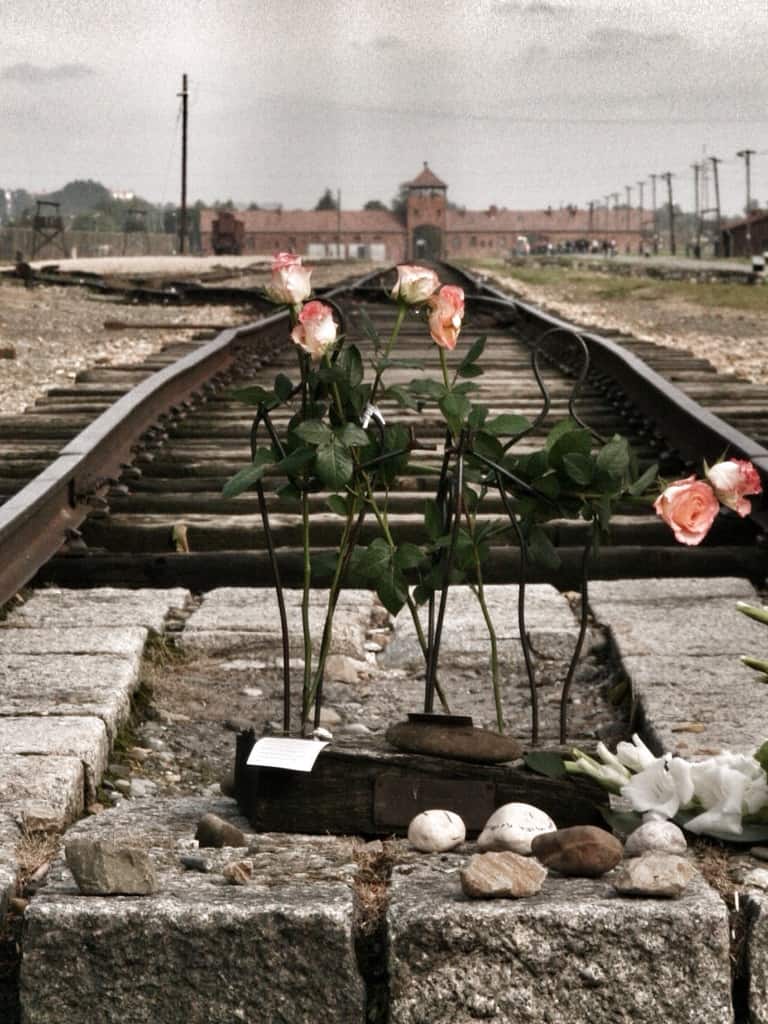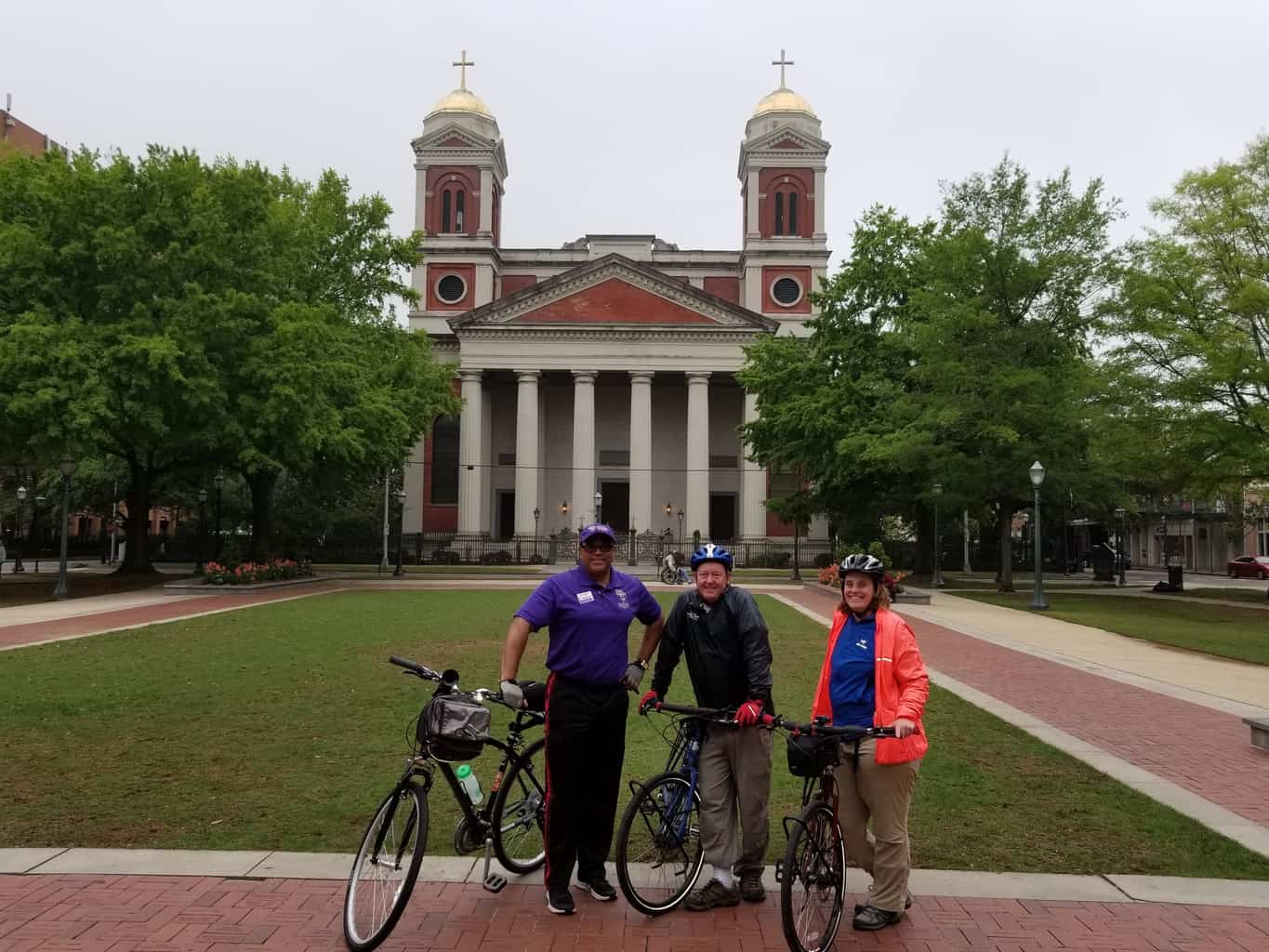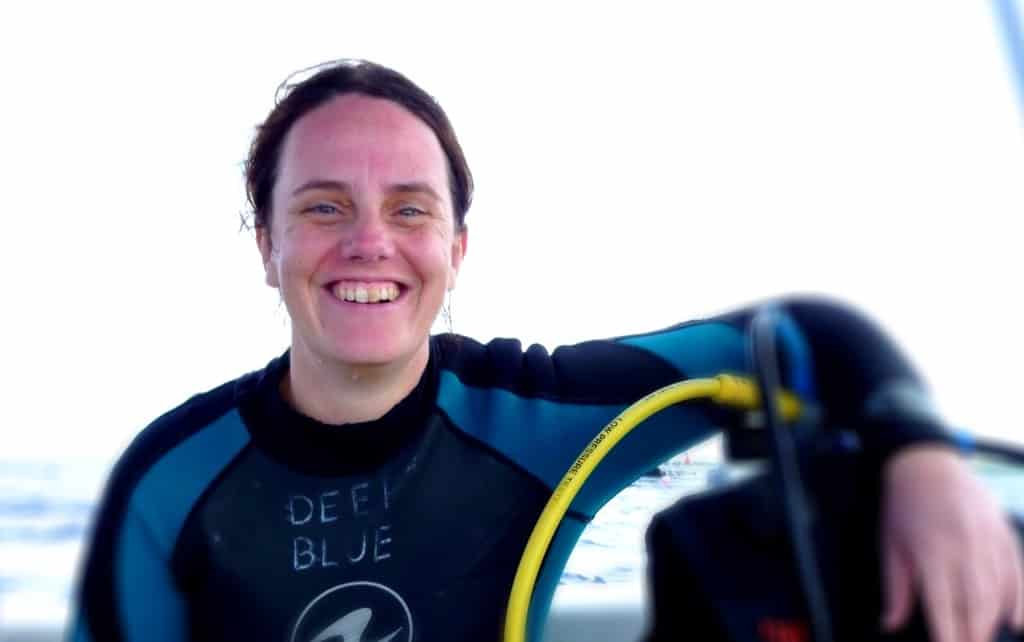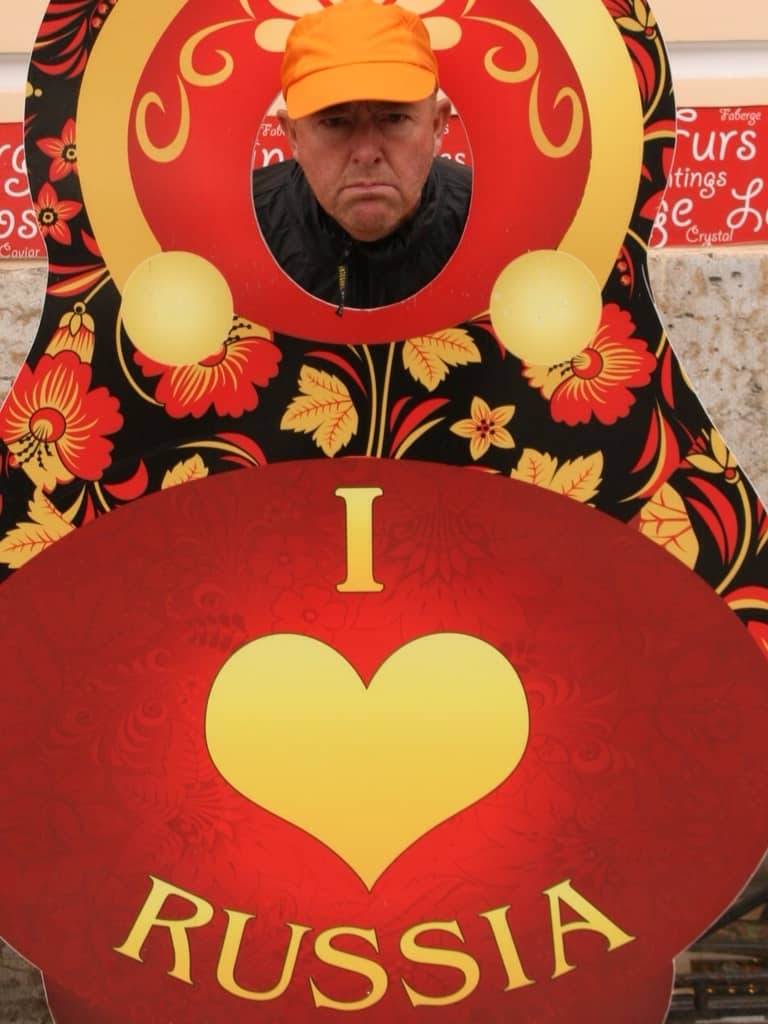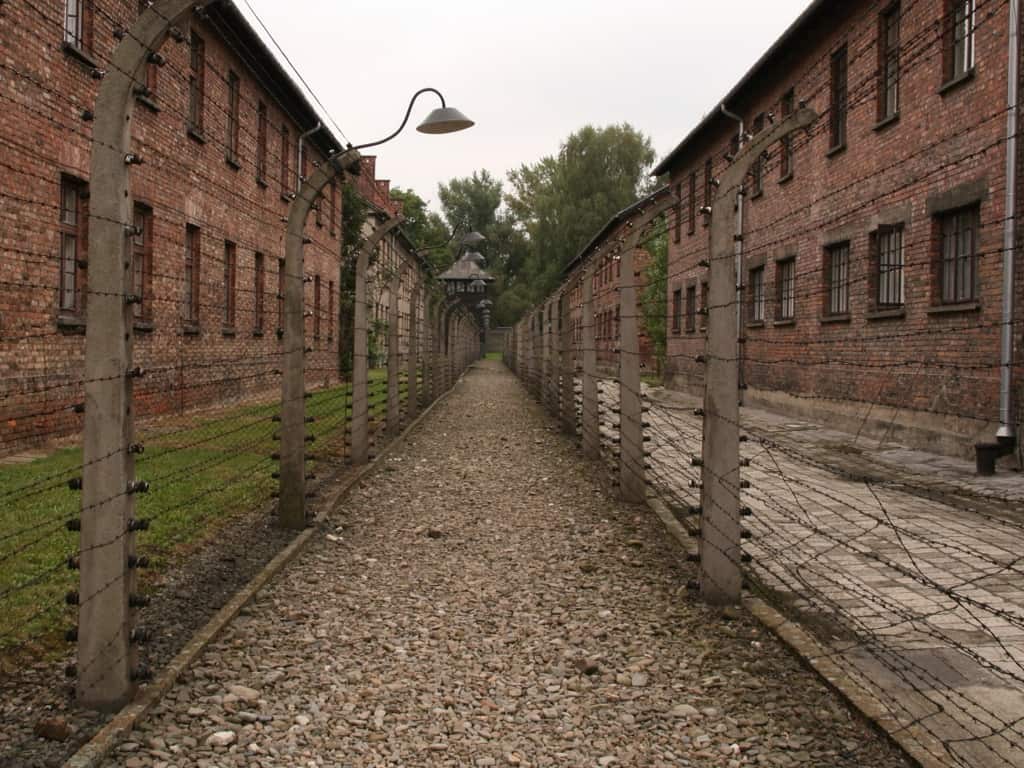
I think I will continue to process the experience we had at Aushwitz-Birkenau, and will likely never fully grasp the enormity of it. The tour we did will likely not be a highlight of our 10-12 months but it could be one of the most important.
My experience with WWII has been quite distant. Sure, I learned about it in school, read books about the Holocaust, and I have seen many movies on the topic. But both world wars never touched me personally. None of my grandparents were in the military, and I don’t think I have really ever met a war veteran. It could be really easy for my generation to chalk the wars up to something that we probably shouldn’t do to each other again.
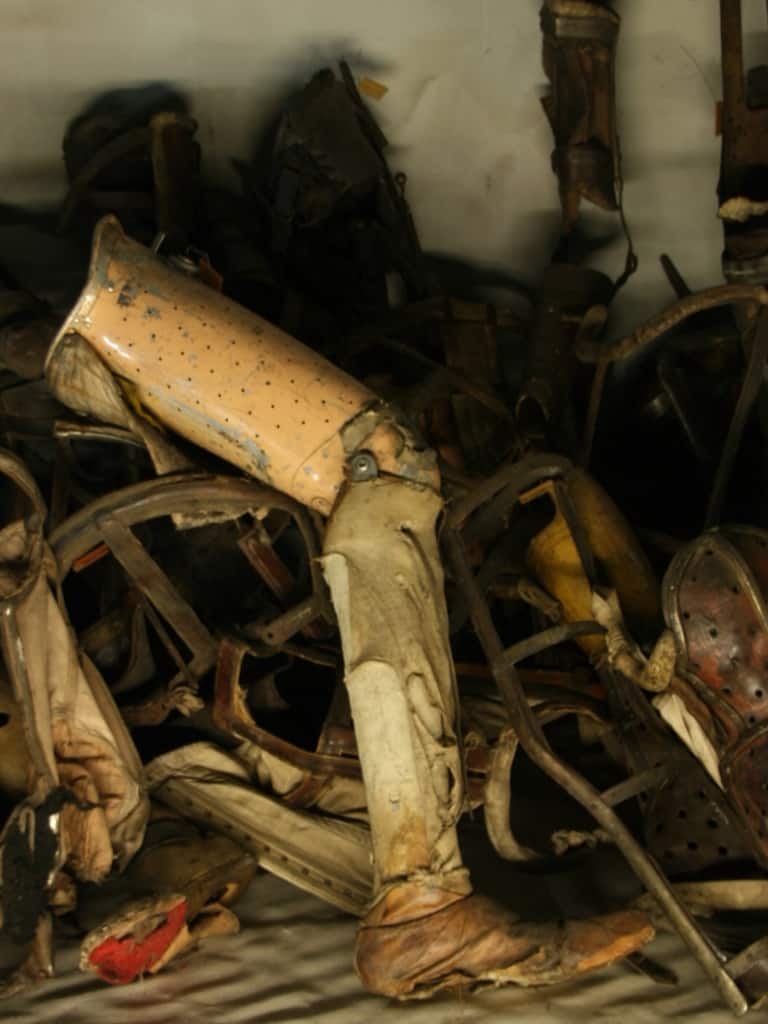
Standing in the middle of the first gas chamber ever used made the war personal for me. Seeing the piles of shoes, clothing, and hair that was taken from the prisoners was creepy. I didn’t like standing next to the wall where Polish people thought to be helping escaped prisoners were shot. The barbed wire and guard towers hammered home a sense of the oppression and fear people must have lived under.
It is mind blowing to think that we can do this to each other based on skin colour, religion, sexual orientation, and any other reason the Nazi’s thought to exterminate people. Near the end of our tour, our guide commented that it is important for people to feel and touch these killing camps so as humans we can try to ensure we don’t let this happen again. I still think we have a lot of learning to do.
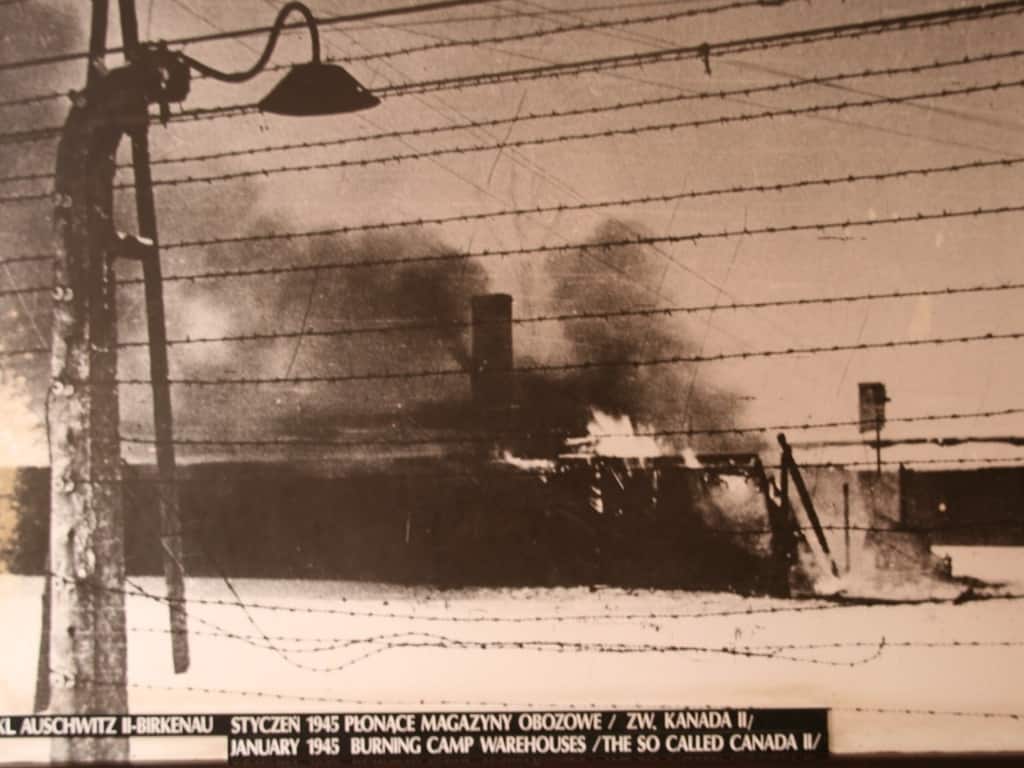
It could have been a really depressing day (and the overcast weather didn’t help matters), but we did find some light. We heard about an escape and how the Nazi’s were going to randomly punish a man for it. A priest staying in the camp volunteered instead because he didn’t have a wife and children. The priest did not survive, but the man did. We also learned about the women who smuggled arms into Birkenau to give to other women working in the gas chambers. These women were able to destroy one of the 4 killing chambers at great risk to themselves, and consequently were able to save some lives.
I am not so naive as to think that the camps were anything but misery and agony, but I think these ‘museums’ are just as much about human triumph as suffering – and it’s important to remember our inherent goodness even in the face of evil.
When we returned to Krakow after the tour I found myself wondering what it must have been like hearing bomber planes flying over your home and where people would have gone to find safety. I tried to understand what it must have been like to have your entire life and family relocated and dramatically changed with only a moments notice. I looked around the central square filled with tourists and tried to imagine bombs dropping and people running in fear. I couldn’t.
I do know that on Remembrance day wherever we are, I will take a few more conscious moments to remember all those who are responsible for why I was unable to understand the terror and potential hopelessness that accompanies any war. And from now on I will add in some thoughts for those that lived and died during all the wars we have waged and continue to wage on our planet.
